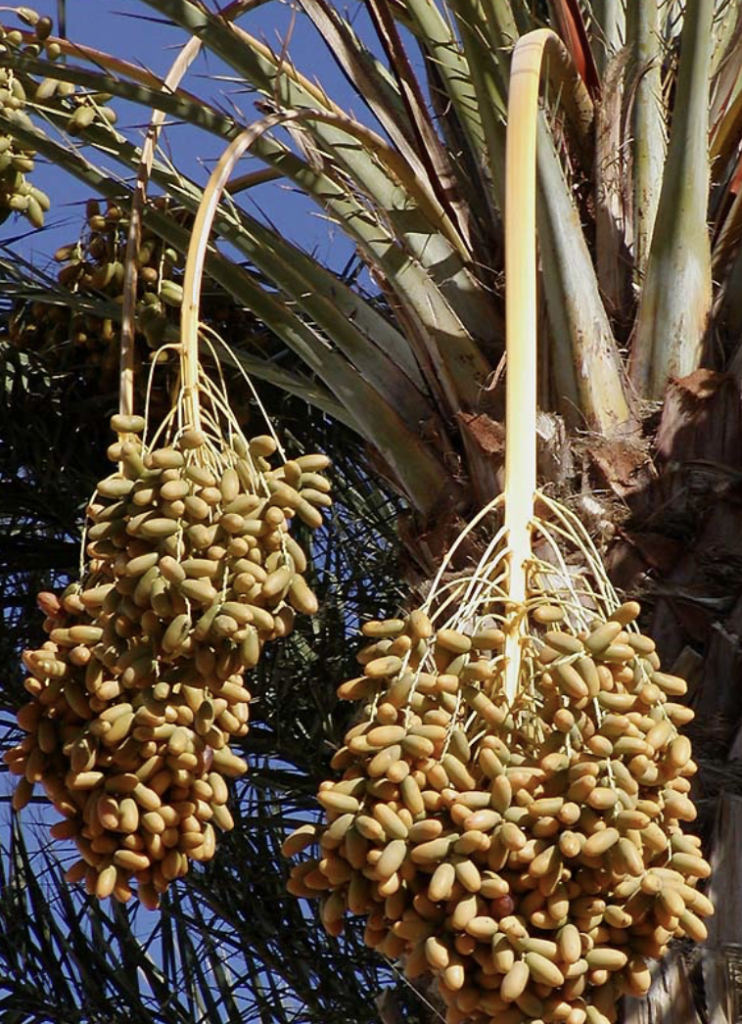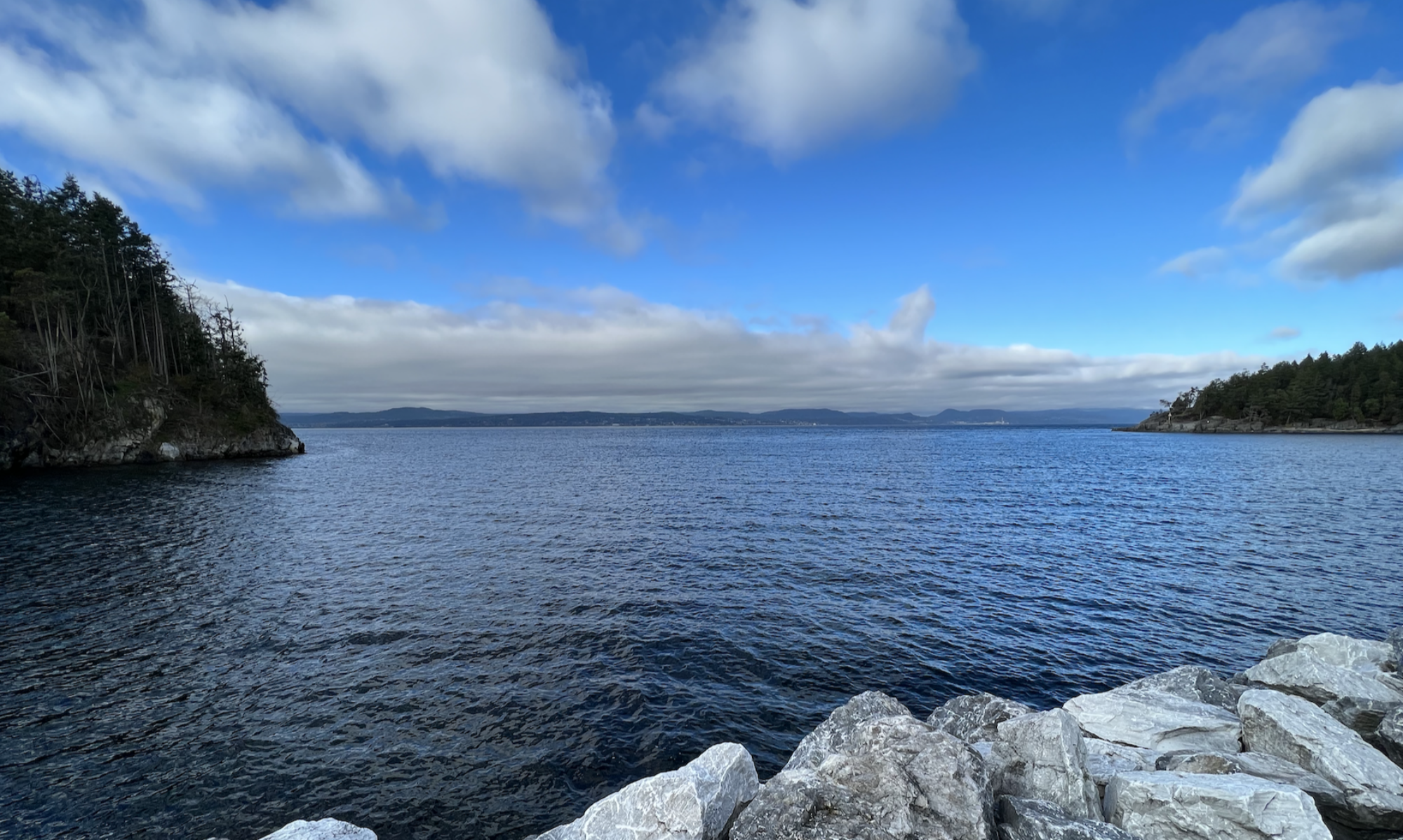
Recently I stumbled upon this piece below by Brazilian Poet, Rubin Alves. Actually, “re-stumbled upon” is more accurate. In this life of so much online medium, I’ve been invoking “poetry interludes” as a way of shifting energy for myself and the people I’m meeting with. This poem below was one of those interludes, from a collection of poems assembled by educators, Teaching With Fire: Poetry That Sustains The Courage To Teach. This is a collection I go to often.
What is hope?
It is the pre-sentiment that imagination
is more real and reality is less real than it looks.
It is the hunch that the overwhelming brutality
of facts that oppress and repress us
is not the last word.
It is the suspicion that reality is more complex
than the realists want us to believe.
That the frontiers of the possible are not
determined by the limits of the actual;
and in a miraculous and unexplained way
life is opening up creative events
which will open the way to freedom and resurrection –
but the two – suffering and hope
must live from each other.
Suffering without hope produces resentment and despair.
But, hope without suffering creates illusions, naïveté
and drunkenness.
So let us plant dates
even though we who plant them will never eat them.
We must live by the love of what we will never see.
That is the secret discipline.
It is the refusal to let our creative act
be dissolved away by our need for immediate sense experience
and is a struggled commitment to the future of our grandchildren.
Such disciplined hope is what has given prophets, revolutionaries and saints,
the courage to die for the future they envisage.
They make their own bodies the seed of their highest hopes.
There is a lot that I love in this poem. The line that stands out to me now is, “So let us plant dates….” Because, I find that in all of the complexity in which we live, and I believe, that we humans should grow our capacity to be with, I still appreciate a simple line and image to lift my imagination and courage.
So let us plant dates.
Here’s to good interludes. And, here’s to any of the ways that we welcome poetry to guide us with more integration. Poems that are not just side material, but rather the central doorway in to the connection so many of us are craving.

This dropped into my Inbox at the most opportune time. I have been reading the history of Christianity for another group I am in, and it has been so hard. My tender heart is repeatedly offended by the choices of those in power to brutalize their fellow humans in the name of God, in the name of Christ. I daresay they never say, “In the Name of Love.” The line that first lifted me up: It is the hunch that the overwhelming brutality of facts that oppress and repress us
is not the last word. The idea of disciplined hope … I say yes. There is grace in the act of choosing hope.
Always glad for your thinking and sensing Saoirse. And for the uncovering that you help to make possible.